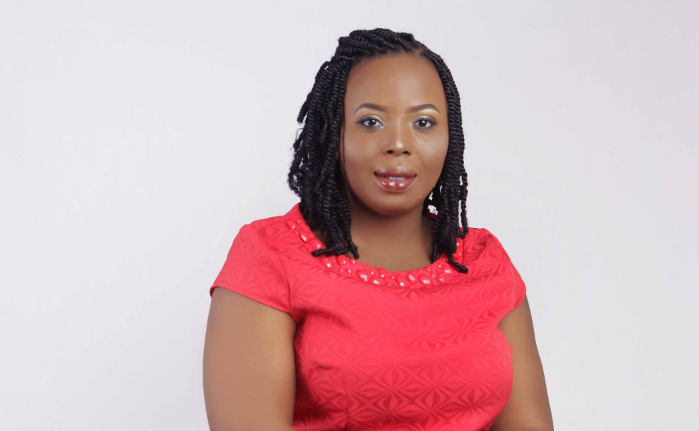
Mama Moni Is Closing The Credit Gap For Low-Income Women
Nkem Okocha, 2015 TEF Alumnae and Founder of Mama Moni, grew up with a widowed mother who had to raise four children singlehandedly, with no vocational skill or source of income. Living through a childhood where feeding and access to education were major challenges for her family, she was inspired to empower the poor women in her community and other communities she had visited.
In 2013, Nkem established Mama Moni, a Fintech Social Enterprise that is closing the credit gap for low-income female entrepreneurs in rural and urban slum communities in Nigeria through easy access to finance. Mamamoni’s web platform enables socially conscious individuals to invest in low-income women by lending to them to fund their businesses.
As a result of the pandemic, things became significantly harder for women like Nkem’s mum. With the rising inflation, these women are left with no choice but to spend their savings to feed their families, with their businesses taking a major hit. To address this, Nkem and her team kicked off an initiative to encourage people to donate to such women looking to restart or expand their businesses. They also launched an Emergency Food Relief Program to assist low-income women in Lagos and Abuja who have been affected and were able to give food/hygiene bags to over 1,000 women across different rural and urban slum too communities.
Nkem’s story is one of immense passion. It is evident in the vast reach and impact she has attained through her social enterprise, Mama Moni. In only eight years, Mama Moni has trained over 7,000 women, indirectly impacted over 35,000 children, and visited 100 communities across Nigeria.
With Mama Moni, loan recipients get low-interest loans in return for signing up for a system designed to create impact on financial inclusion and children’s education. Nkem is addressing community transformation by empowering low income earning women to create and sustain their small businesses.
In 2019, Mama Moni established a Innovation Hub for low-income women and girls as part of its commitment to drive women empowerment, talent development, and financial inclusion, with the support of a financial institution. Through this hub, over 400 underprivileged beneficiaries will receive training in vocational skills such as hairdressing, makeup, fashion designing, coding, personal branding, financial literacy, mobile farming, and furniture making, annually.
